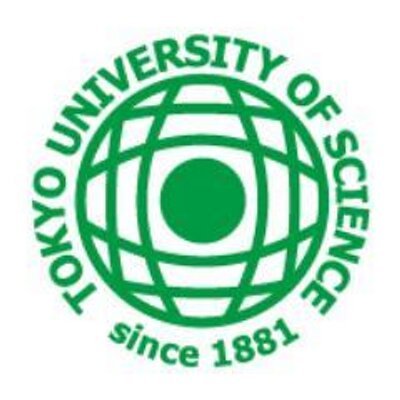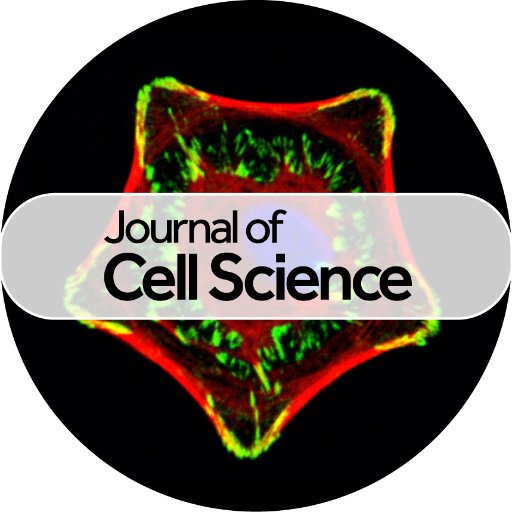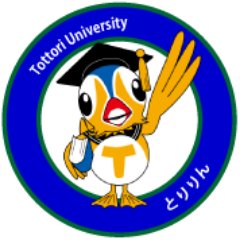
Tokyo University of Science (TUS)
@TUS_PR_en
Tokyo University of Science is a private research university in Japan where scientists & engineers strive to solve global challenges. Related accounts: @TUS_PR
Może Ci się spodobać
#TokyoUniversityofScience has been ranked 3rd among private universities in Japan for research performance by @timeshighered. #TUS is also the top-ranked private Japanese university in terms of citations per faculty by #QSrankings. Read more here: ow.ly/tstI50GhCLt

In a #NeurIPS2025 breakthrough, #TUS and #AIST researchers have developed #ApproximateDomainUnlearning to enable #VisionLanguageModels to forget specific #Domains while retaining generalization capability.
A better understanding of the value of public goods can change public opinion about taxation and spending, show TUS researchers. This can potentially lead to reduce inequality through increased support for a larger government with higher taxation.
A novel AI-based analysis method has been developed by TUS researchers that can automatically analyze X-ray spectroscopy data of materials, offering a faster and more objective approach than tedious manual analysis methods.
TUS researchers show how increased awareness about the benefits of public goods can change public opinion regarding taxation, leading to reduce inequality through increased support for higher taxation.
A new study @ACS_Omega by TUS scientists demonstrates that large-scale computational biology simulations can reliably model complex RNA structures, marking a milestone for future RNA-based biotechnology and medicine.
In a recent @SciReports study, TUS researchers develop a new AI-based method for automatically analyzing materials properties using X-ray spectroscopy, promising faster and more efficient materials development.
In a recent @ACS_Omega study, scientists from Tokyo University of Science achieved highly accurate RNA folding predictions using advanced molecular dynamics simulations, paving the way for advances in drug discovery.
Researchers from Tokyo University of Science show that a unique expansion signature comprising 22 genes can effectively monitor survival outcomes in patients receiving immunotherapies.
To realize practical quantum communication networks, TUS researchers have developed a new single-photon source, where single photons are generated directly within an optical fiber using a selectively excited single rare-earth ion.
In a @natcomms study, Tokyo University of Science scientists identifies a distinct group of genes that monitor patient responses to immunotherapies and guides the development of next-generation immunodynamic therapies.
In a new study published in @JMaterChem A, researchers from Tokyo University of Science show a straightforward way to make sodium-ion batteries more durable, which could lead to a cost effective energy storage technology for electronics and renewable energy.
TUS researchers develop a new single-photon source, that generates single photons directly into the guided mode of optical fibers by selectively exciting a single atom, representing a key breakthrough for practical quantum communication technologies.
In a recent study published in @JMaterChem, researchers from TUS reveal that calcium doping can markedly enhance the performance and durability of the cathode in sodium-ion batteries, which could find applications in renewable energy and greener technologies.
Onnamides, compounds extracted from Okinawan marine sponges by Tokyo University of Science researchers, show promise as effective treatments for leishmaniasis, according to a study published in Marine Biotechnology.
A study from @J_A_C_S shows that using solid-state nuclear magnetic resonance spectroscopy, Tokyo University of Science scientists explore a unique phase of extremely confined water that combines ice-like order with liquid-like motion, advancing our knowledge of water physics.
A study published in Marine Biotechnology by Tokyo University of Science researchers reveals bioactive natural products from Okinawan sponges could become the basis for accessible, low-tacitly treatments for leishmaniasis, a widespread neglected tropical disease.
A novel @advancematerial study by TUS researchers shows that scandium doping can significantly improve cycling stability of layered sodium manganese oxide cathodes in sodium-ion batteries, potentially leading to next-generation sodium-ion batteries with long-life.
A recent @J_A_C_S study by Tokyo University of Science researchers reveals the hierarchical structure and solid-liquid behavior of water inside crystalline nanopores, which could lead to advancements in nanotechnology and energy storage.
In a recent @advancematerial study, TUS researchers show how scandium-doping can improve the cycling stability of layered sodium manganese oxide cathodes, representing a new paradigm for designing long-life, high-capacity sodium-ion batteries-suitable for commercial applications
In a study published in @PhysRevE, researchers from Tokyo University of Science find a way to infer causality relationships in neural spike trains, paving the way for a better understanding of brain networks.
United States Trendy
- 1. Chris Paul 12.2K posts
- 2. Clippers 20.3K posts
- 3. Good Wednesday 24K posts
- 4. FELIX LV VISIONARY SEOUL 20K posts
- 5. #FELIXxLouisVuitton 23.4K posts
- 6. jungkook 252K posts
- 7. rUSD N/A
- 8. Hump Day 7,159 posts
- 9. Pat Spencer 2,813 posts
- 10. Kerr 5,781 posts
- 11. TOP CALL 9,865 posts
- 12. #ALLOCATION 268K posts
- 13. Lawrence Frank N/A
- 14. #JUPITER 164K posts
- 15. The BIGGЕST 287K posts
- 16. Podz 3,404 posts
- 17. Elden Campbell N/A
- 18. Shai 16.6K posts
- 19. Hield 1,648 posts
- 20. Brandy 8,691 posts
Może Ci się spodobać
-
 Dr. Raven the Science Maven
Dr. Raven the Science Maven
@ravenscimaven -
 Cell Reports Medicine
Cell Reports Medicine
@CellRepMed -
 Nigel D'Souza
Nigel D'Souza
@Nigel__DSouza -
 IEEE/CAA Journal of Automatica Sinica
IEEE/CAA Journal of Automatica Sinica
@JAutoSinica -
 Coofandy
Coofandy
@coofandy -
 Med by Cell Press
Med by Cell Press
@MedCellPress -
 Kourosh Kalantar-Zadeh
Kourosh Kalantar-Zadeh
@K_KalantarZadeh -
 Integrative Medicine Research (IMR)
Integrative Medicine Research (IMR)
@Integr_Med_Res -
 Adamazi Mbonu Onyi Jennifer
Adamazi Mbonu Onyi Jennifer
@adamazi_mbonu -
 𝙳𝚊𝚢𝚊𝚗𝚗𝚊. ♡
𝙳𝚊𝚢𝚊𝚗𝚗𝚊. ♡
@_dayannaaaa_ -
 Kim Jonas
Kim Jonas
@KJonasM
Something went wrong.
Something went wrong.





















































































































